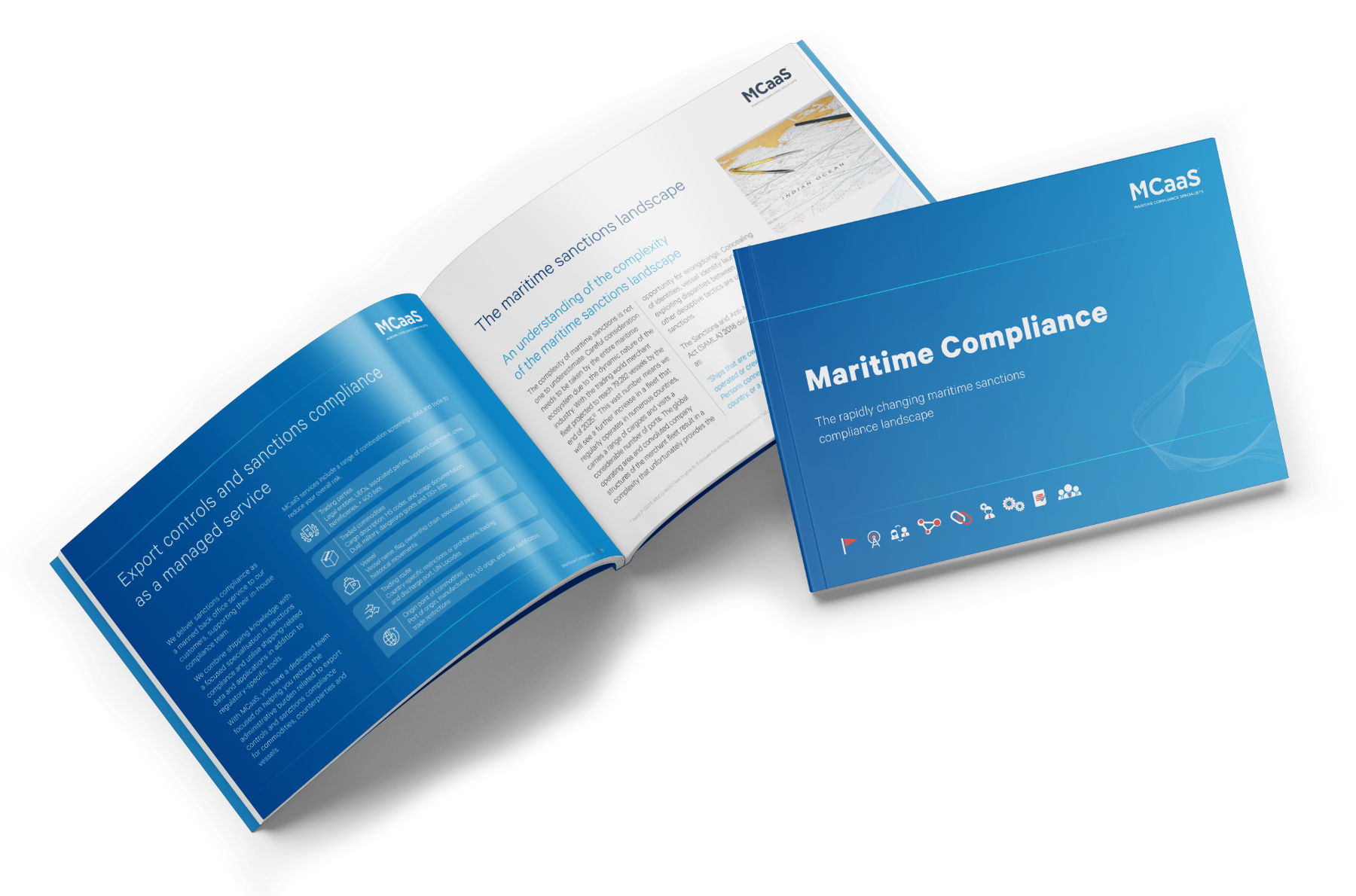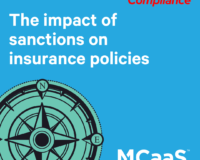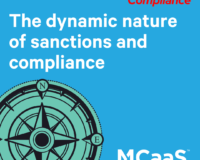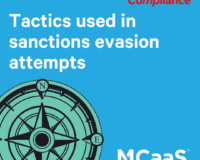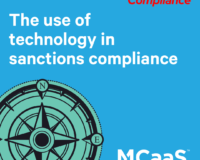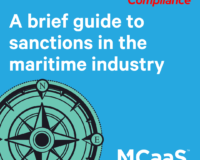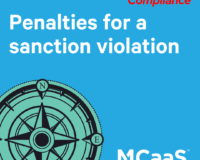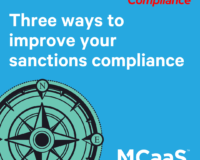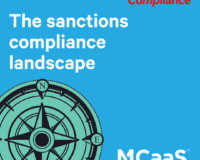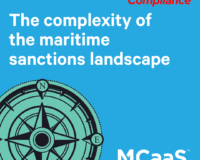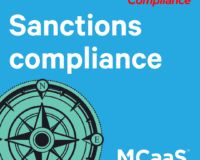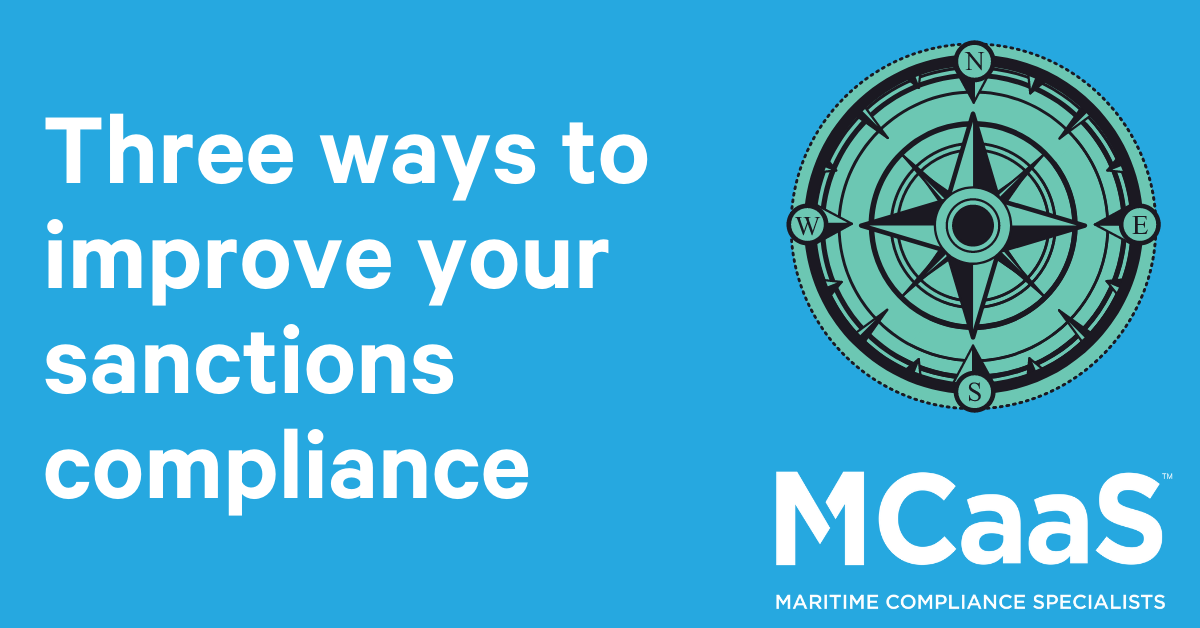
1. Raise awareness in your organisation
The first step to putting in place a robust compliance programme is to ensure that everyone in the organisation is aware of the importance of sanctions compliance and their obligations in this regard. This policy should document how and when to perform risk assessments, transaction monitoring and screenings.
2. Embed sanctions compliance into commercial operations
It is no longer good enough for sanctions compliance to rest solely with the legal and compliance team. In many organisations, these teams simply cannot deal with the level of due diligence required for every potential check.
The responsibility of carrying out due diligence lies entirely on the party involved in the business transaction. Whether it is conducting cargo screening, third-party screening on those involved, screening a vessel, or periodic reviews on existing partners, these checks must be carried out.

With the volume, range, and speed in which sanctions are being implemented it is becoming challenging even for large compliance teams to perform a risk assessment and proportionate due diligence checks fast enough for the needs of the organisation.
It is therefore important to embed sanctions compliance into commercial operations and give operations and commercial team members the tools and decision-making capacity to conduct basic due diligence With the right tools and training in place, only complex or ambiguous cases may require escalation to internal compliance teams, freeing them up to focus on other work and keeping commercial processes going.
3. Leverage technology to minimise risk
Manually completing checks to a high standard is both time-consuming and expensive. Beyond the costs, it is open to human error, with the risk of both false negatives and false positives being raised. The dynamic nature of sanctions also means that keeping abreast of constant changes is difficult to do wholly manually.
Thankfully, there is a range of tools available for compliance and operations teams to automate compliance processes including basic and enhanced due diligence and ongoing monitoring.
Products such as Marcura’s MCaaS Core, a fully cloud-based self-service platform for managing compliance checks, remove the bulk of the manual work and minimise the risk of working with a sanctioned entity. Once an organisation has strong and repeatable processes in place for sanctions compliance, digital tools can be used to automate many of the steps and decisions required as part of the process.
As well as operating as a self-service platform, MCaaS Core is available as an API, meaning it can be integrated directly into an organisation’s systems and processes. Ultimately, this solution can help to reduce costs whilst making compliance checks a fast enabler of new relationships rather than a blocker.
Want to learn more about maritime sanctions compliance?
Further details of the areas discussed within this article can be found within our latest report ‘Maritime Compliance – The rapidly changing maritime sanctions compliance landscape’. This guide to industry includes discussion on the landscape as well as sanctions compliance measures and how best to mitigate against the many associated risks.
